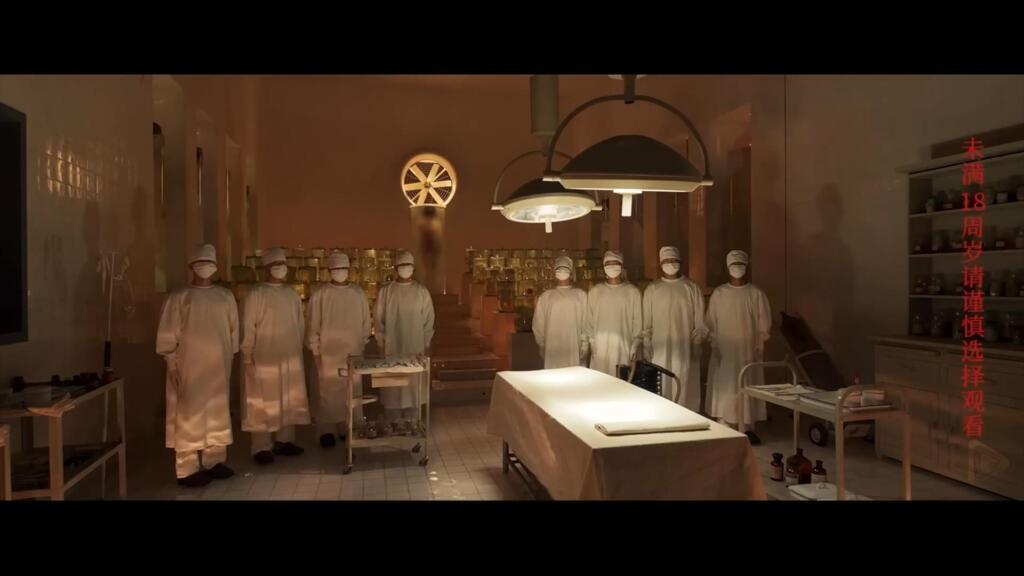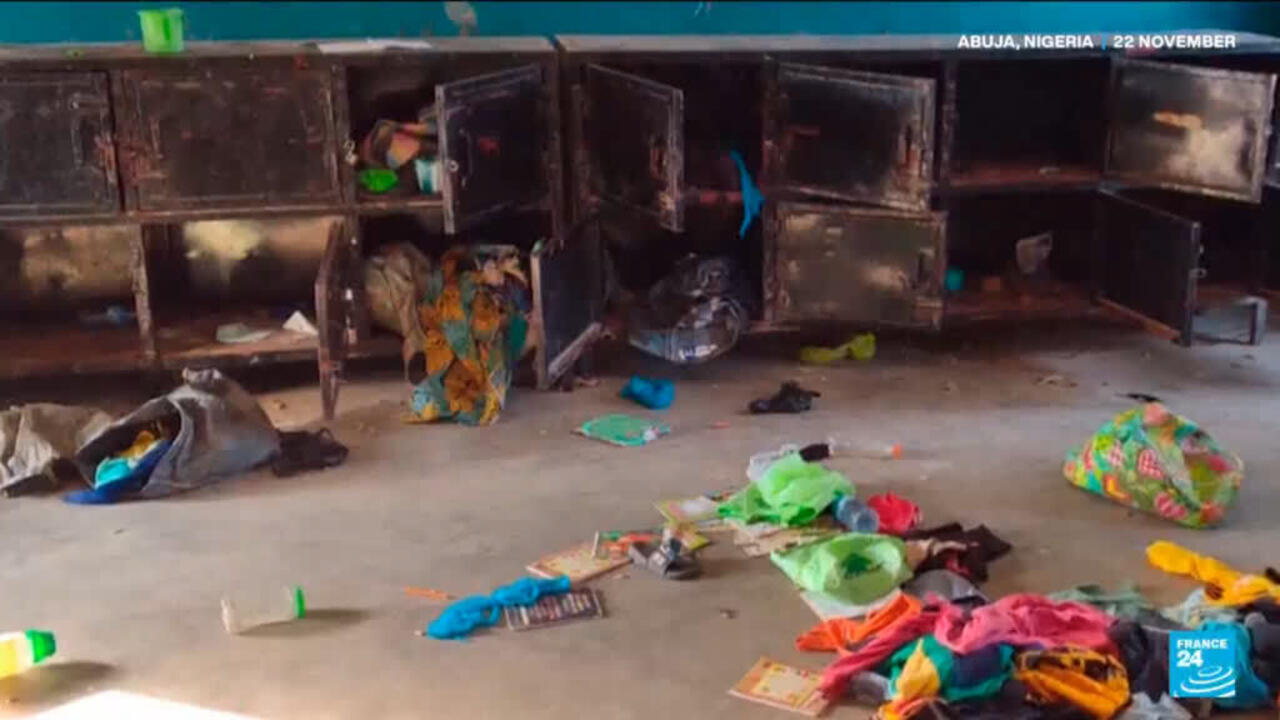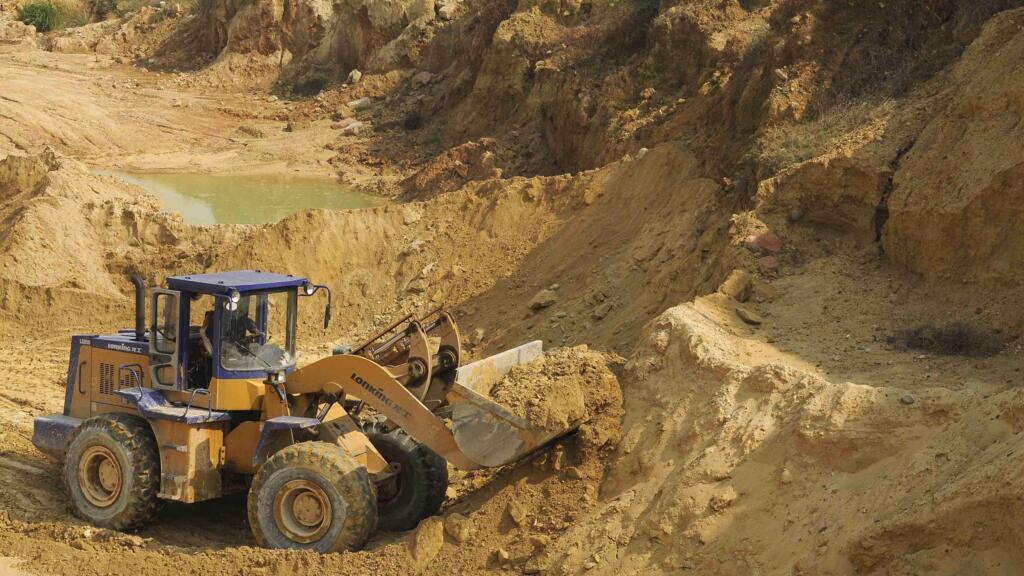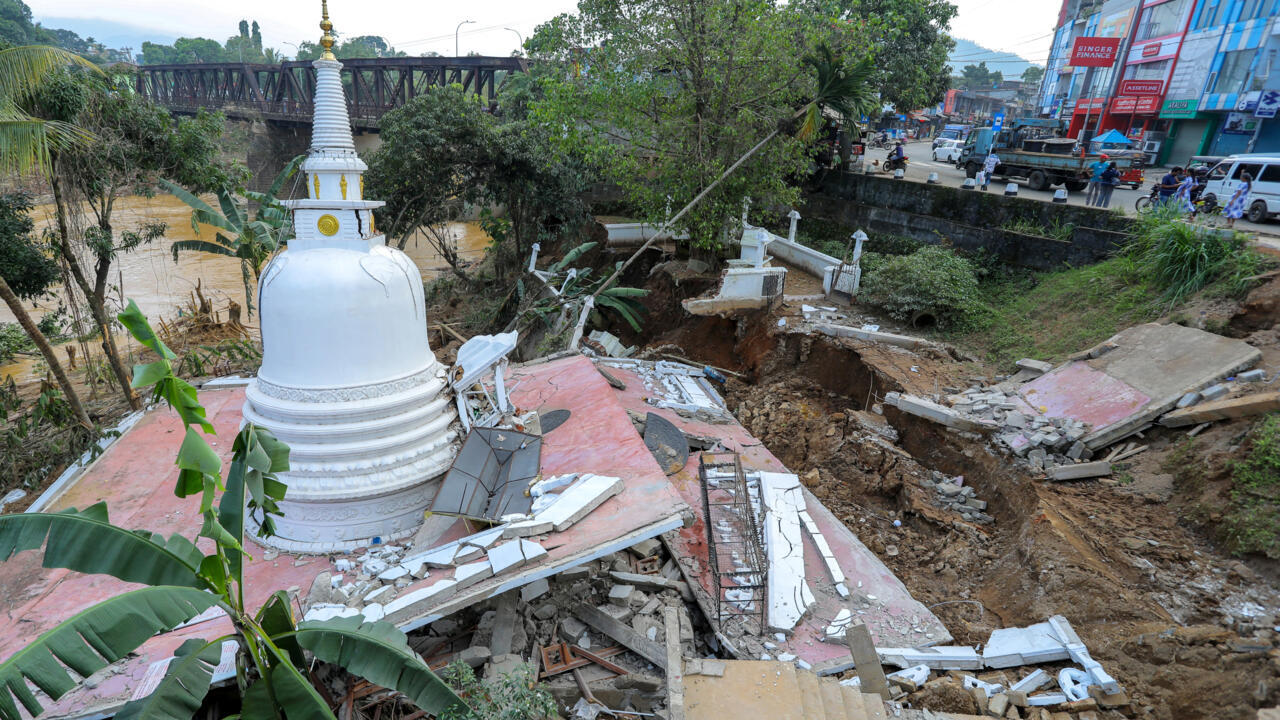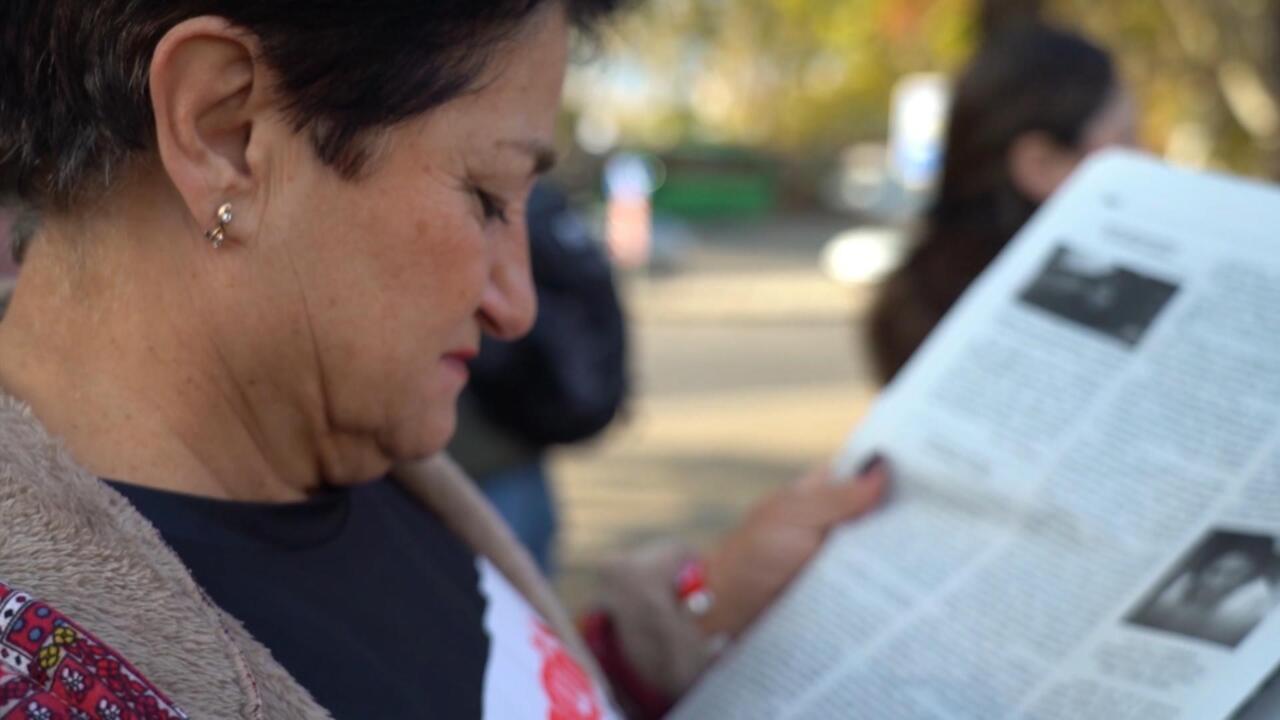When it comes to moving to France there are a few things – okay maybe a lot of things – that might surprise you! As a long term expat in France, living in the rural countryside of Pas-de-Calais, I’m still surprised on a regular basis – mostly in a good way, and sometimes in an odd way, and sometimes, though rarely in my opinion, in a not so good way. Some aspects of French life may be very different to what you might be used to. These are a few of the things you should know about living in France you aren’t taken by surprise!
The Good
The cost of living is generally pretty good – especially house prices and rent.The big difference in cost of living is in rent and house prices, excluding Paris, big cities and Cote d’Azur. France is 3.5 times the size of the UK but with roughly the same population, so there’s a lot of choice for where to live.
Prices vary and there are some real bargains to be had, for instance inLes Charentes (Charente-Maritime and Charente), one of the sunniest areas in France, if you’re just 30 minutes from the beaches, the average house price drops enormously, there are plenty of properties in Charente at under €100k (Source: frenchestateagents.com). And rent for a 2-bedroom apartment in the lovely city of Angouleme in Charente is around €400.
Food costs in supermarkets are largely on a par with the UK with the exception of wine, which is much cheaper here, a decent bottle is easy to find for €3, but people also shop at street markets which are in every town and village and offer a great choice of cheaper seasonal and local products. Annual living costs vary hugely from area to area. My water bill has recently increased to €160 p.a. but we don’t have mains drains. Like much of rural France we have a septic tank. Our (bottled) gas costs around €150 p.a. but we only use it for the oven, we don’t have mains gas. Heating is wood-fired and costs around €650 p.a. Electricity and fuel costs like everywhere in Europe and the UK, have risen substantially but are slightly lower than the UK.
The French Government recommends a minimum income for expats to move to France (2025) is €1800 gross p.m., based on the minimum wage (SMIC); the median salary in France is €2587 net p.m.
Supermarkets close at 8pm – very few open 24 hours a day though maybe bigger cities there are some. Yes this is good – work-life-balance or as the French say metro-boulot-doudou.…
Healthcare is so much better than I imagined, my doctor apologises if I can’t get an appointment same day – but I normally do! It isn’t the same all over France, some areas have doctor shortages.
I can’t say I was surprised by the excellence of the gastronomy and wine in France – it’s world famous, but I was surprised by just how many people still shop at the markets and not at the big supermarkets. Supporting local, small and organic producers is almost a movement in France which keeps the prices affordable rather than being something only the rich can afford.
The Bad
Red tape, administration, bureaucracy. Yes it really is a big thing in France. I’ve had to buy two filing cabinets to keep all the paperwork in – you need to keep everything, for years. If you run a business in France, a gite for instance, be prepared to fill in lots of forms, create many reports, be set up on many systems. Even if you’re retired you’ll still need to report your income and assets (wherever they may be).
There are a multitude of services to help you deal with admin in France from applying for a visa to registering for healthcare, buying a car, opening a bank account, setting up a business, dealing with tax managing your investments and more. You don’t have to go it alone, seeking help is not giving in, getting things right means less stress for you, and it’s a good way to learn what’s required from you as a resident of France.
The weird
Hunting is a big thing here, in my village there are several hunting clubs and they practice from March to September. We do not walk our four dogs at the weekend as that’s when the hunters are mostly out and about. I’m not keen on it, but I moved here and it’s part of the deal in the countryside.
Pillowcases are square!
Having electrical plug sockets in the bathroom – often next to the sink – is normal.
French people dip their croissants in coffee like Brits dip biscuits in tea!
If you lose your licence in France you can still drive! A VSP car – voiture sans permit. It’s a small 2-seater, anyone aged 14 and over can take them out after 4 hours driving lessons. Top speed is 45km (28 miles) per hour. They’re popular with those who have lost their license and little old ladies who have lost their husbands and never learned to drive! But what’s most surprising to me is if you lost your license from drink driving, you’re allowed to drive one of these cars.
Men have to wear tight swimming trunks in public pools for hygiene reasons (apparently baggy trunks can harbour dirt). It’s a legal requirement.
Moving to France
Moving to a new country is overwhelming, and without the right help, it’s easy to make costly mistakes. If it’s your dream to move to France, or buy a property there – head to the French Property Show in the UK. Held twice a year, it’s a great opportunity to meet with a hand-picked panel of experts for face-to-face advice, making your dream of moving to France simple and stress-free.
Get free tickets: French Property Show
Janine Marsh is the author of several internationally best-selling books about France. Her latest book How to be French – a celebration of the French lifestyle and art de vivre, is out now – a look at the French way of life. Find all books on her website janinemarsh.com
Want more France?
Discover more fabulous destinations in France with our free magazine The Good Life France
Love France? Have a listen to our podcast – everything you want to know about France and more!
All rights reserved. This article may not be published, broadcast, rewritten (including translated) or redistributed without written permission.










